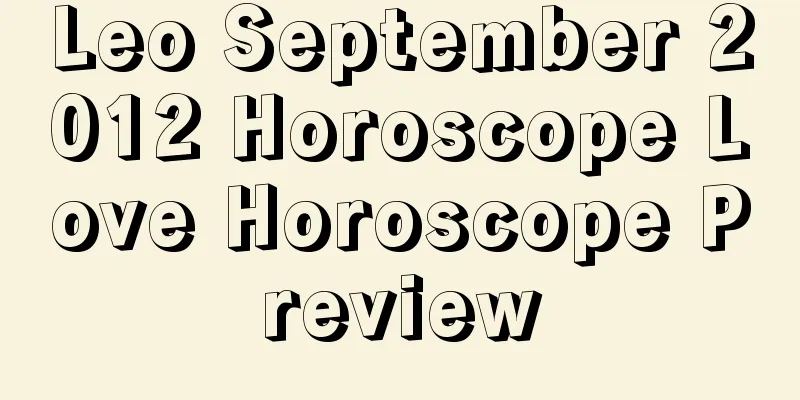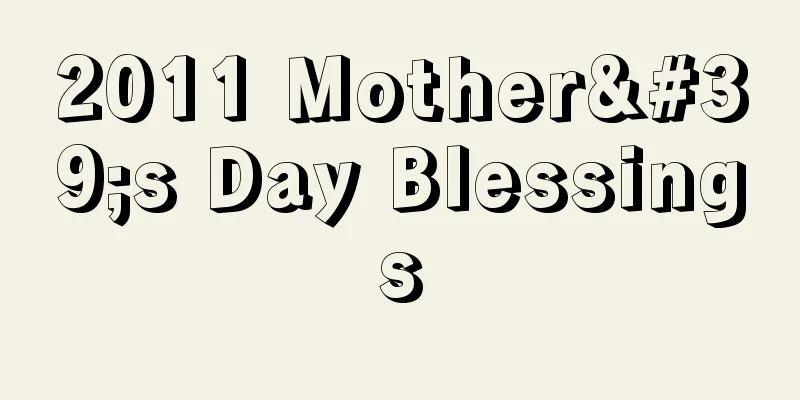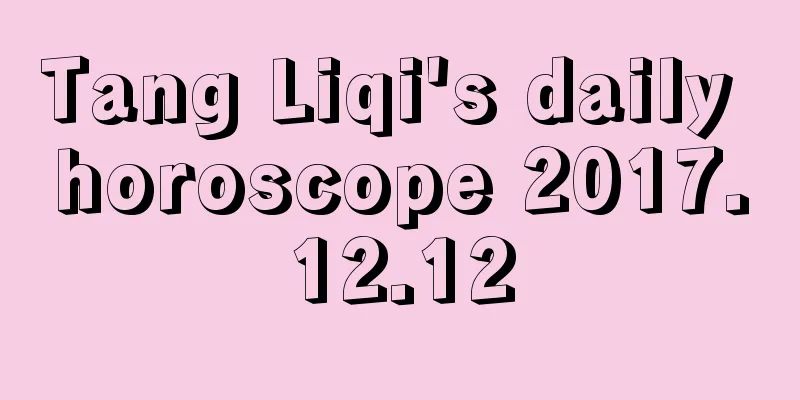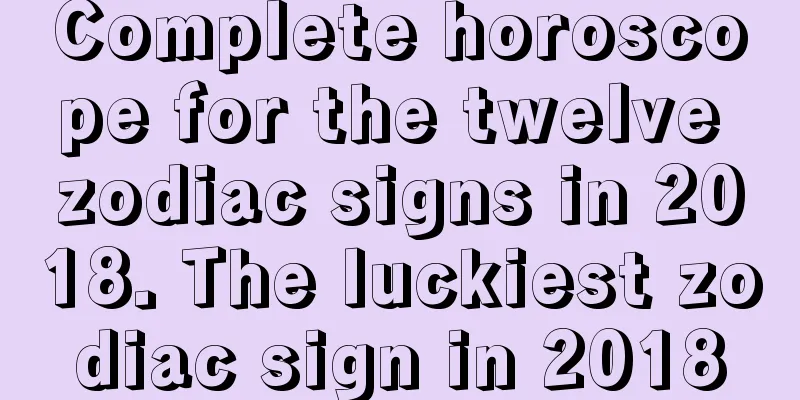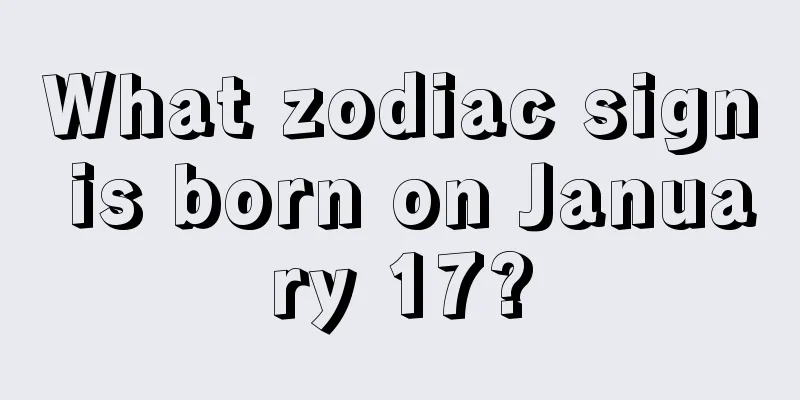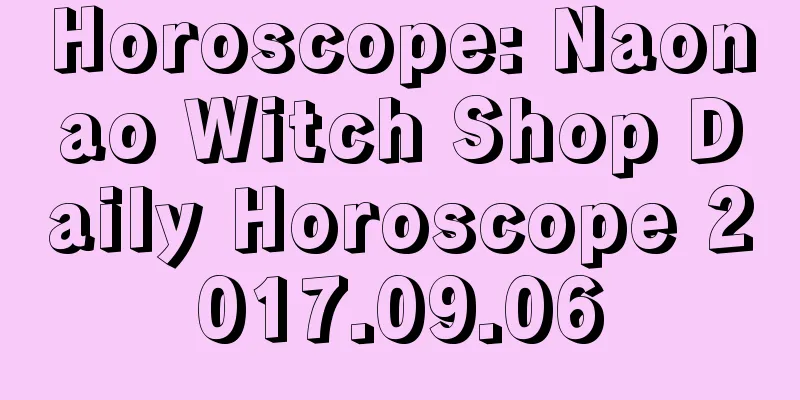The Origin of the Mid-Autumn Festival: The Origin of the Mid-Autumn Festival
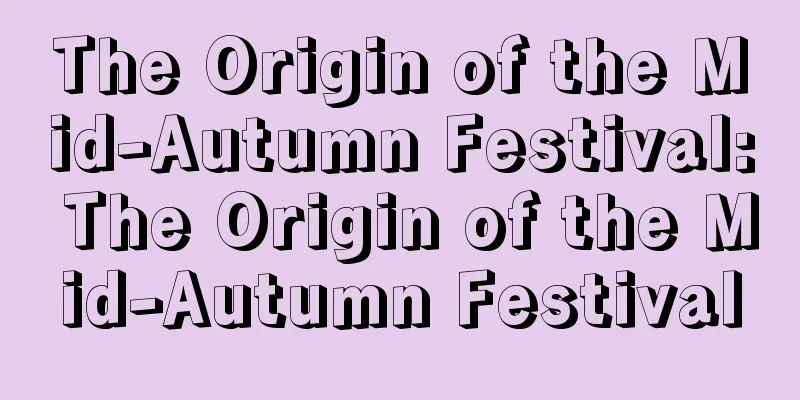
|
"Mid-July" generally refers to the Zhongyuan Festival, commonly known as the Ghost Festival, Giving to Orphans, and the Mid-July Festival. It is called the Ullambana Festival in Buddhism. Along with New Year's Eve, Qingming Festival and Double Ninth Festival, which are traditional Chinese festivals for ancestor worship, what is the origin of the Mid-Autumn Festival? Interested friends can learn about it together. The Origin of the Mid-Autumn Festival: Taoism’s “Zhongyuan Festival” Classification According to the Taoist worldview, Taoism calls the fifteenth day of the first lunar month of the "Tianguan" (first half of the year) the "Shangyuan Festival"; the fifteenth day of July of the Diguan festival in the second half of the year is called the "Zhongyuan Festival"; and because the earth contains water and water acts on the earth, the fifteenth day of October in the middle of the second half of the year is the "Xiayuan Festival". The three elements of upper, middle and lower constitute the Taoist tripartite systematic understanding of the world. The "Zhongyuan Festival" of Chinese Taoism is actually mainly a festival for spreading moral ethics, that is, it encourages people to focus on moral cultivation on this day. On the day of the Ghost Festival, people who have ideas and time should gather together to study Lao Tzu's "Tao Te Ching" together, and communicate with each other and reflect on themselves. For ordinary believers, Taoism created some stories to "combine education with entertainment." legend For example, Taoism fabricated a story that a man named Chen Zidao married the daughter of the Dragon King and gave birth to three children, "Heaven Official, Earth Official, and Water Official" on the 15th day of the first lunar month, the 15th day of the seventh lunar month, and the 15th day of the tenth lunar month respectively. These "Three Officials" are in charge of the three tasks of bestowing blessings, forgiving sins, and relieving disasters on the human world. They have boundless magical powers and will patrol the human world on these three days to examine whether people's moral qualities are good or bad. They will bless those with good moral qualities, otherwise, they will punish them. "Feast of Absolution" However, Chinese Taoism is a very tolerant religion and gives people the opportunity to change and renew themselves at any time. Therefore, the "Zhongyuan Festival" is not just a festival to reward kindness and punish evil, but mainly a "Festival of Absolution". Therefore, the "Zhongyuan Festival" is also the "Festival of Confession" and "Festival of Atonement" among Chinese festivals. People who have committed sins during the year can review themselves and ask for forgiveness from heaven, earth and people through various rituals on the Zhongyuan Festival. |
<<: Susan Miller's Horoscope for Today 2016.08.31
>>: Personality test: Test your mental age
Recommend
How will Virgo care about a person's performance? He will not admit it for the sake of face.
How will a Virgo behave when he or she cares abou...
The behavior of the twelve zodiac signs after breaking up. The most indulgent zodiac sign men after breaking up
Falling in love and breaking up are both normal t...
The most jealous zodiac signs: Men of these zodiac signs say they don’t care, but in fact they are already very jealous!
These zodiac men would rather die than be jealous...
Minor Heat Blessings Minor Heat Health Blessings Selection
The Lesser Heat solar term of 2017 is approaching...
Five elements of water characters for girls with beautiful meanings Five elements of water characters for girls recommended
What are the characters belonging to the water el...
What is the difference between 520 and 521? The Internet Valentine's Day is so meaningful
What is the difference between 520 and 521? May i...
Susan Miller's Aries Horoscope for February 2016
Susan Miller's Aries Horoscope for February 2...
Scorpio Horoscope Today 2016.08.21 Interpersonal tension in the workplace
Someone who was not a free agent becomes a free a...
A good name for a boy named Xue that implies restraint
If you need a name plan that you like, you may wi...
Virgo personality traits Why Virgo is worth liking
What? Do you need a reason to like a Virgo? Do we...
How to tell if a Scorpio guy is playing with you is true love or flirting
Scorpio men usually don't have multiple relat...
A fashionable name for a girl with the surname Cao
Nowadays, many parents have realized that giving ...
A good name for a boy with the surname Yao
To select good and easy-to-sounding names for boy...
Susan Miller's full horoscope for August 2016 for Gemini
Gemini babies, this August, loving Venus will emb...
What is the biggest sign that a person's luck has turned? What can you wear to turn your luck around?
When your luck is very bad, don't feel frustr...

